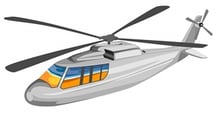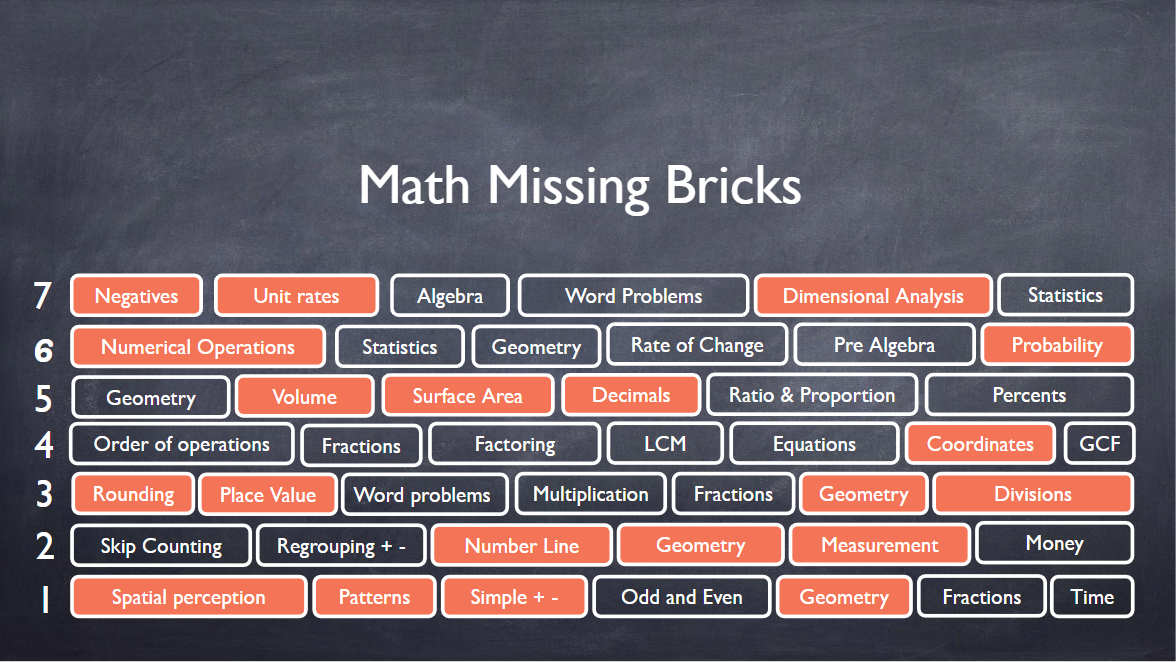 The world is an interesting, yet scary place and it is okay to look out for your child. However, there is a fine line between looking out and smothering. The line is sometimes hard to see but once you cross that line, it gets harder and harder to go back. A Helicopter Parent is a parent that takes an excessive and overbearing interest in their child or children. Helicopter Parents often take over tasks that the child is capable of doing on their own. Also, Helicopter Parents often over-control their child’s or children’s life by always directing the child’s behavior and allowing the child very little, if any, alone time. When you become a Helicopter Parent, that is when your child suffers the most.
The world is an interesting, yet scary place and it is okay to look out for your child. However, there is a fine line between looking out and smothering. The line is sometimes hard to see but once you cross that line, it gets harder and harder to go back. A Helicopter Parent is a parent that takes an excessive and overbearing interest in their child or children. Helicopter Parents often take over tasks that the child is capable of doing on their own. Also, Helicopter Parents often over-control their child’s or children’s life by always directing the child’s behavior and allowing the child very little, if any, alone time. When you become a Helicopter Parent, that is when your child suffers the most.
How Helicoptering Hurts
Suddenly, things you never worried about before are keeping you up at night. These concerns can be about your child’s future, safety, or happiness. Some parents worry that receiving a low mark on an exam, not making the team or being turned down for a job will put their child in irreconcilable failure. Others fear they are not doing enough to help their child in school or with their social life and overcompensate to the point of helicoptering.
I am not saying that you should not worry for your child, but too much worrying and protection will damage any resilience your child has. They will not be able to fend for themselves or be on their own in any capacity. They will have very limited problem-solving skills because they have rarely faced a problem on their own. Dr. Carolyn Daitch, author of Anxiety Orders: The Go-To Guide, says “worry can drive parents to take control in the belief that they can keep their child from ever being hurt or disappointed.”
Also, because of this, they will have a very underdeveloped work ethic. Your child will not see a reason to put in work or risk any effort if they know mom and dad will make sure everything is okay. Being so overly attached to their parents will alienate them from their peers as well as teachers and other family. It is possible your child will not be able to form other relations or attachments if they have been smothered. Alternatively, your child can become withdrawn and the more you smother them, the more they pull away. They will search for some control in their life that they feel they do not have, which will often lead to rebellious, destructive, and dangerous behaviors.
You are a Helicopter Parent if…
- You are over protective of where your child plays (i.e. only on playgrounds with shredded mulch)
- You try to settle disputes between your child and their playmates with the friend’s parent instead of allowing your child to settle the disagreement with their friend
- You complete or re-do your child’s homework because you know they know the answer and they were too hungry/tired/sick/upset to do it
- You allow your child to “stay home sick” when they don’t want to go to school or haven’t completed their project
- You have a panic attack when your child asks if they can sleep over a friend’s house or when they have class field trip
- You never let your child do house chores – knives are too sharp and cleaning fluids are too dangerous
- You are having a parent teacher conference with your child and when the teacher asks your child a question, you answer for them
- Your child did not get put on the varsity team, or placed in honors or AP courses and you confront the coach, teacher, or principal to negotiate an exception.
How to Minimize Being a Helicopter Parent
- Let your child make mistakes – it’s how they learn
- Let your child settle their own disputes
- Learn that your child’s work will not always be perfect
- Let your child experience the consequences of their actions
- Learn to let go – your child won’t be with you forever
- Give them responsibility, such as chores to help develop work ethic and a sense of accomplishment
- Let them speak for themselves
- Know their limitation and do not try to manipulate the system
- Do not teach them to expect treatment that is different from other students in the class or players on the team
Why You Need to Let Go
Besides all of the reasons previously discussed, there are also the basic needs of human development.
- To be confident in one’s abilities and accomplishments

- To feel that one is loved and cared for
- To have autonomy
Children with Helicopter Parents are often deprived of these needs and will not develop into a fully functional human. Furthermore, as your child gets older, the negative effects of helicoptering become more apparent and put a greater strain on parent-child relationships. Your child’s need for independence grows as they enter into their preteen and teenage years. Helicoptering becomes embarrassing and takes away independence and autonomy needed to grow as a human. It also further cripples their ability to be confident in their own abilities, especially if they are never given a chance to try for themselves. A recent study showed the damages on college students who had helicopter parents. There were higher cases of anxiety, depression, drop-outs, and a general dissatisfaction with life in college students who had helicopter parents compared to those who didn’t.
Benefits of Letting Go
A new study done by Social Development found that toddlers who are given the freedom to interact with and explore their environment have a better relationship with their parents. They discovered children would more often go to their parents to play and learn. Also, these children would turn to their parents for advice and support as they grow older and have a more open relationship with them. They see that the parent will trust them to be on their own and will be there when they need help.
The key to achieving this dynamic is to be available, but not to hover. Parents do this by becoming active listeners to their children. These parents listen to their child’s fears and doubts without judgment and without “coming to the rescue” right away. Instead, the parent and child work together to find a solution the child can do on their own, or to find a way to accept a situation that might be upsetting but that they cannot change. They also encourage their children to go after what they are passionate about and let their children set their own goals and dreams
Although every parent worries about their children and wants to do everything to protect them, there are dangers of doing too much. Children who are raised with helicopter parents have a lower sense of accomplishment and pride. They will often be at risk for anxiety and depression as they get older and are separated from their parents. These children will also have a strained relationship with their parents, as well as with their peers, teachers, coaches, and family members.
However, children who are raised with a level of independence often become high achieving and successful adults. Their work ethic will allow them to achieve their goals in school and life, and their sense of autonomy will greatly reduce the risk of anxiety and doubt. These children often have a much more open relationship with their parents whom they can trust to be there for them.
As much as we want to protect our children, they have to learn on their own or they will never fully grow to their highest potential.
Sourced through
https://afineparent.com/be-positive/helicopter-parent.html





